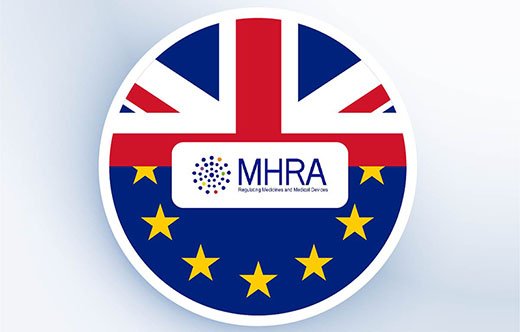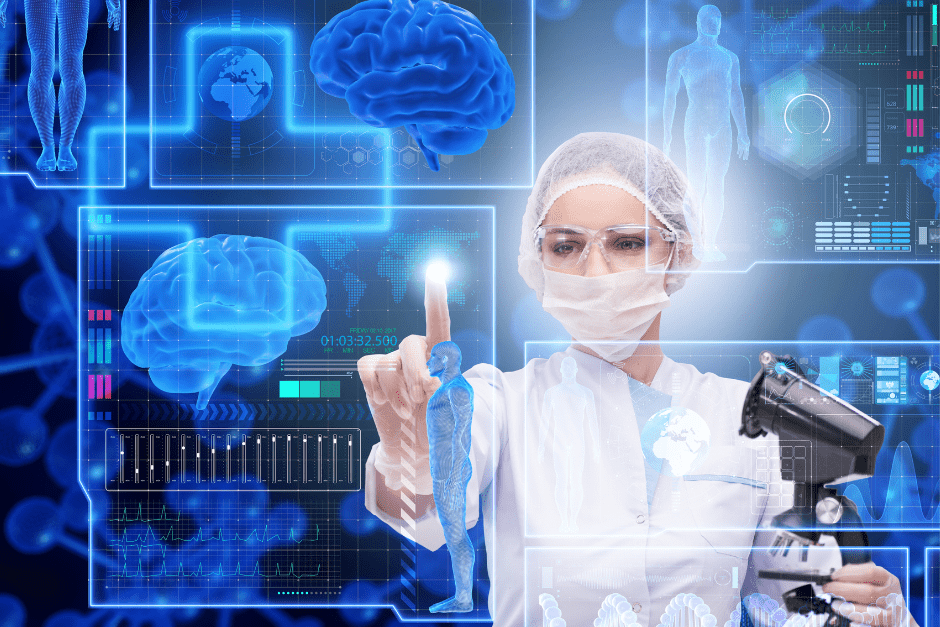The new article describes in detail special projects the authority intends to implement in order to introduce specific needs associated with the products based on innovative technologies.

Table of Contents
The Medicines and Healthcare Products Regulatory Agency (MHRA), a UK regulating authority in the sphere of drugs and medical devices, has published a roadmap describing the known issues related to the regulatory framework for software and artificial intelligence (AI) products subject to regulation as medical devices, as well as particular steps to be taken to address these issues and further improve the approach applied with respect to such products. The document is intended to assist medical device manufacturers (software developers) in ensuring continuous compliance with the applicable regulatory requirements and also the safety and proper performance of the products intended to be placed on the country’s market.
Project Glass Box
The scope of the document covers, inter alia, the aspects related to Project Glass Box associated with AI Interpretability. In particular, the authority mentions that the existing regulatory framework does not address properly the issues related to human interpretability and the way it could impact the safety and effectiveness of the products utilizing AI technology.
First of all, the document outlines the main objectives, which are:
- Articulate how the opacity of AIaMD translates into safety, effectiveness, or quality concerns;
- Develop guidance regarding the interpretability of AIaMD to ensure that AI models are sufficiently transparent to be reproducible and testable;
- Develop guidance regarding the interpretability of AIaMD to ensure that the relationship of interpretability to usability is made a plan and emphasized in relation to safety and effectiveness.
In order to achieve the goals outlined hereabove, the authority intends to issue guidance documents providing additional clarifications and recommendations to be taken into consideration by the parties involved.
Best Practice Guidance
According to the roadmap, the authority is planning to develop a guidance document describing the human-centered approach to be applied with respect to AI-based products, also reflecting the specific nature of such products and the way it impacts safety and effectiveness. By virtue of the said guidance, the authority will additionally emphasize the importance of ensuring transparency with respect to the intended user population, as well as making changes thereto in case of changes to the product itself.
Apart from that, the guidance will provide a description of how uninterpretable AI (global or local) might impact the performance of the human-AI team; as well as consideration of the various methodologies that might be used to consider whether any given AIaMD is human-interpretable or not; this might build upon existing standards such as IEEE 7001-2021.
The authority will also pay attention to the standards related to AIaMD, collaborating with different bodies involved in the process of development of such standards.
Project Ship of Theseus
According to the roadmap, another important aspect that requires special attention is the process of change management for AIaMD. In this respect, the authority mentions that the existing requirements do not reflect all the specifics and needs associated with AI-based products.
The main objectives the authority outlines in this respect are to:
- Articulate problems of fit with medical device regulation for adaptive AIaMD, distinguishing between models that are locked, batch-trained, or continuous learning on streaming data;
- Clarify how adaptive AIaMD of each type might fit within existing change management processes required by medical device regulations;
- Where appropriate, craft new guidance for adaptive AIaMD that does not fit within existing change management processes.
In order to achieve the abovementioned goals, the authority intends to take several steps including, inter alia, issuing additional guidelines to be followed by the parties involved. The new approach to change management suggested by the MHRA provides that all the issues should be divided into categories based on product adaptivity to be addressed separately. According to the roadmap, these categories are:
- Static AIaMD, describing the products that are not subject to changes (the authority mentions the actual performance of such products could face degradation over time);
- Batch-trained – the ones that undergo periodic training in batches (in the case of such products, it is important to streamline the change procedures and reduce the regulatory burden);
- Individualized models are the highly personalized ones;
- Continuous learning on streaming data – the category associated with most of the challenges due to its specific nature reflecting the ability to change over time based on the inflow of data.
As further explained by the authority, when assessing the regulatory nature of the changes, attention should be paid to their significance and substantiality. Furthermore, special attention should be paid to the changes occurring beyond the manufacturer’s control, that can happen to the products utilizing machine learning (ML) technology. In such cases, it is vitally important to assess the actual impact of such changes on the safety and effectiveness of the product in question and the way it operates when used for its intended purpose and intended use population.
PCCP
In order to reduce the regulatory burden medical device manufacturers are subject to, MHRA intends to apply an approach similar to the one implemented by the US FDA, namely, to utilize predetermined change control plans (PCCP) to be included in the initial applications for marketing approval. In such a case, any changes covered by the PCCP would not require a new marketing submission. In such a way, the authority expects to facilitate the implementation of modifications to ML-based products while ensuring their continuous safety and effectiveness.
In summary, the present MHRA roadmap outlines further steps the authority intends to take in order to improve the existing regulatory framework for medical devices based on AI/ML technologies. The authority pays special attention to the aspects related to the specific nature of such products and risks associated thereto in order to establish a proper balance between facilitating further use of innovative technologies in medical devices while ensuring their continuous safety and proper performance.
How Can RegDesk Help?
RegDesk is a holistic Regulatory Information Management System that provides medical device and pharma companies with regulatory intelligence for over 120 markets worldwide. It can help you prepare and publish global applications, manage standards, run change assessments, and obtain real-time alerts on regulatory changes through a centralized platform. Our clients also have access to our network of over 4000 compliance experts worldwide to obtain verification on critical questions. Global expansion has never been this simple.


